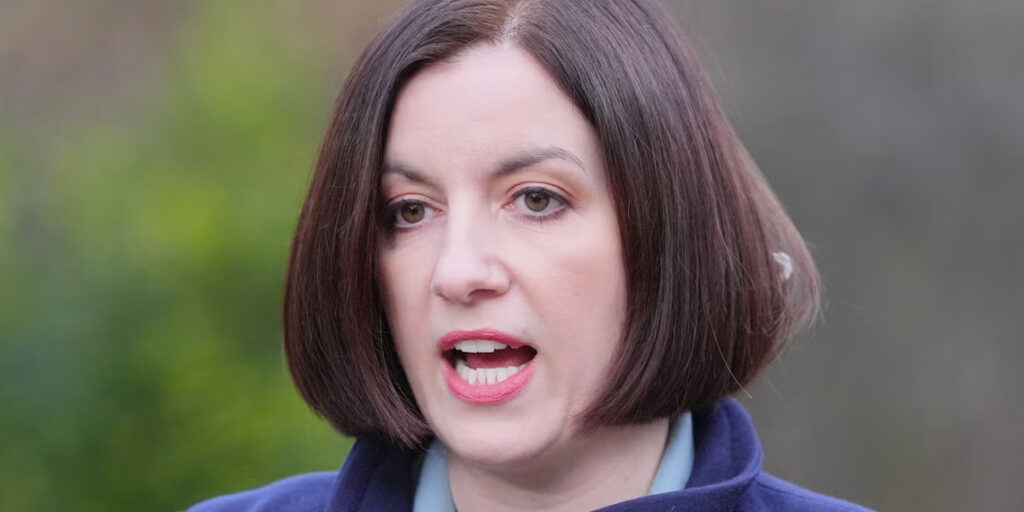Government aims to protect freedom of expression on university campuses are back on the political agenda, following Labour’s earlier decision to pause the initiative due to concerns over student welfare.
The Higher Education Freedom of Speech Act, introduced under the previous Conservative government, granted sweeping powers to the regulatory Office for Students (OfS).
These included the authority to fine and sanction universities, higher education institutions, and student unions for failing to uphold free speech commitments.
Additionally, the Act proposed a complaints mechanism enabling students, staff, and guest speakers to seek compensation if their right to free speech was violated.
The legislation sought to ensure universities actively promote and safeguard freedom of speech and academic discourse.
However, its reintroduction remains shrouded in uncertainty, as a government source revealed to the BBC that modifications to make the Act “workable” are under consideration.
The push to reintroduce the legislation follows its suspension in July 2024 by Education Secretary Bridget Phillipson, mere weeks before it was set to take full effect.
At the time, Phillipson cited concerns over the potential administrative burden on universities and the OfS. She pledged to announce her long-term approach after careful deliberation.
Critics of the Act have highlighted its controversial aspects, including fears that it might inadvertently facilitate hate speech. Phillipson previously noted that the legislation could potentially enable the expression of Holocaust denial and similar harmful rhetoric on campuses.
This view was echoed by Phil Rosenberg, president of the Board of Deputies of British Jews, who welcomed the temporary halt. He argued that while the Act was well-meaning, it could empower antisemitic extremists by hampering universities’ ability to block their presence on campuses.
Conservatives, however, have criticised Labour’s decision to delay the legislation, branding it “chilling” in October 2024.
Education Minister Catherine McKinnell defended the Government’s stance, affirming that it remains “absolutely committed to freedom of speech.”
Gavin Williamson, a former education secretary, previously championed the Act as a safeguard for the open exchange of ideas, asserting it would permit individuals to express controversial views provided they do not cross the threshold into hate speech or incitement to violence.
As discussions progress, the Government appears intent on balancing its commitment to free speech with safeguarding the wellbeing and inclusivity of university communities.


